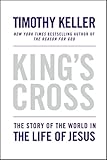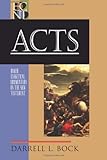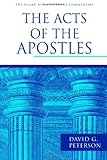Piper summarizes the case Adler makes for reading hard books:
In his classic, How to Read a Book [Adler] makes a passionate case that the books that enlarge our grasp of truth and make us wiser must feel, at first, beyond us. They “make demands on you. They must seem to you to be beyond your capacity.”
If a book is easy and fits nicely into all your language conventions and thought forms, then you probably will not grow much from reading it. It may be entertaining, but not enlarging to your understanding. It’s the hard books that count. Raking is easy; but all you get is leaves; digging is hard, but you might find diamonds.
Evangelical Christians, who believe God reveals himself primarily through a book, the Bible, should long to be the most able readers they can be.
This means that we should want to become clear, penetrating, accurate, fair-minded thinkers, because all good reading involves asking questions and thinking.





